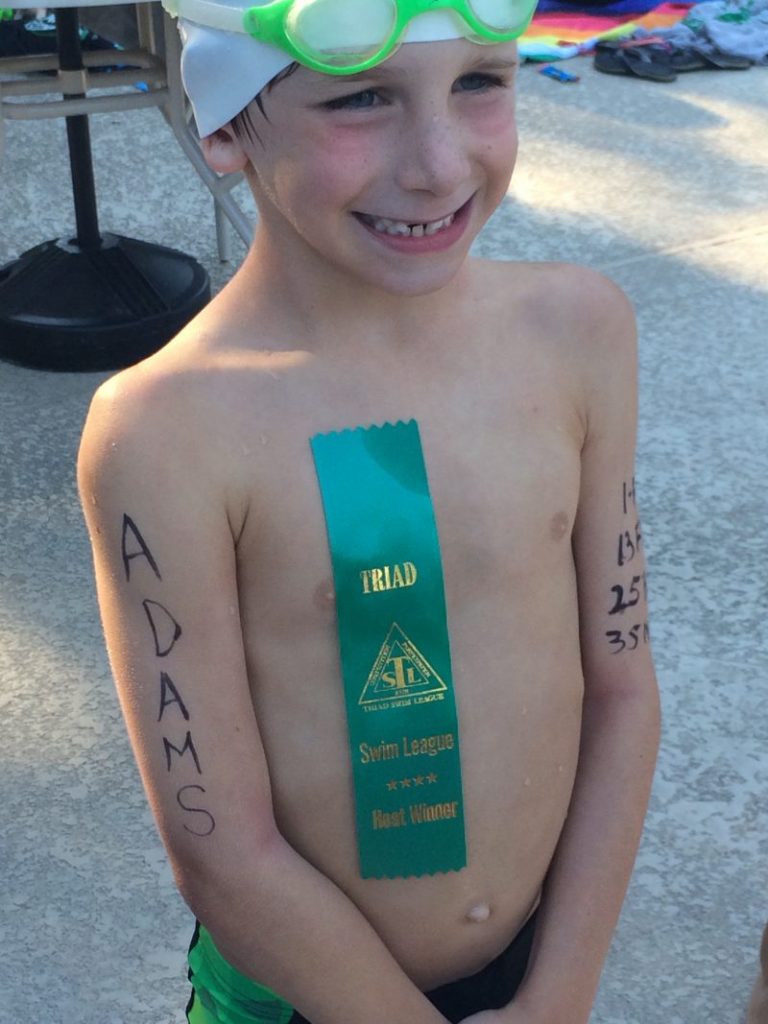Success adds pressure to a student’s life. Every parent and teacher wants their child to succeed. Yet, the desire to succeed causes pressure on children and students to perform. Thus, serious consequences may occur.
There are differences in how much pressure children need to succeed in and out of school. A survey indicates that around 60 percent of parents are not giving children enough pressure to succeed in school or outside activities. Not enough pressure lets students perform at their leisure. As children don’t get enough pressure from teachers and parents, they may not perform their best. However, too much is bad.
Too Much Pressure for Success
Too much pressure to succeed has consequences. It causes high amounts of stress. Thus, children may become depressed or have other mental health issues. In addition to stress, low self-esteem may occur. As parents and teachers expect children to accomplish more they can handle causes them to give up on the task at hand. There are several indications that high amounts of pressure are put on a student.
Criticism focuses on the wrongdoing instead of the right.
An indication of ‘every task matters’. Activities and tests are not the most important things in a child’s life.
A comparison to peers and siblings is not a motivator.
A show of anger from parents and teachers does not help students to perform better. It only creates a problem.
There are many dangers of too much pressure. Besides stress and low self-esteem, children may deprive themselves of sleep. They may stay up late to study. Or, resort to cheating.
In the case of an activity that involves sports, children that feel pressure to perform may ignore an injury. This results in both mental and physical damage. Also, children may simply refuse to participate in an activity.
Many children may never become honor students, the best athlete or musician. However, the pressure put on students to achieve something unachievable is too much. It only leads to unhealthy stress. Encouragement to be the best requires a delicate balance. The pressure is far worse than failure.




